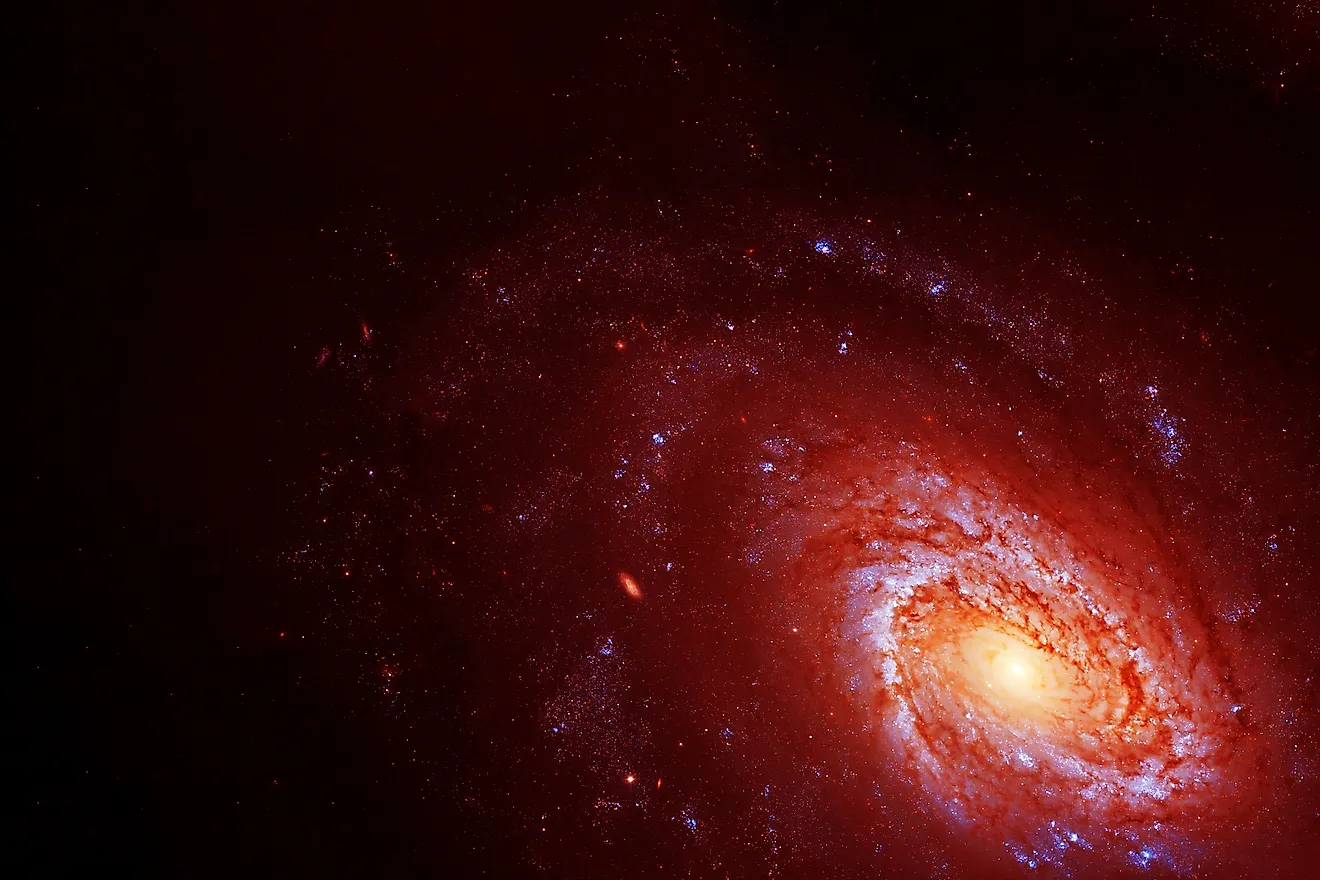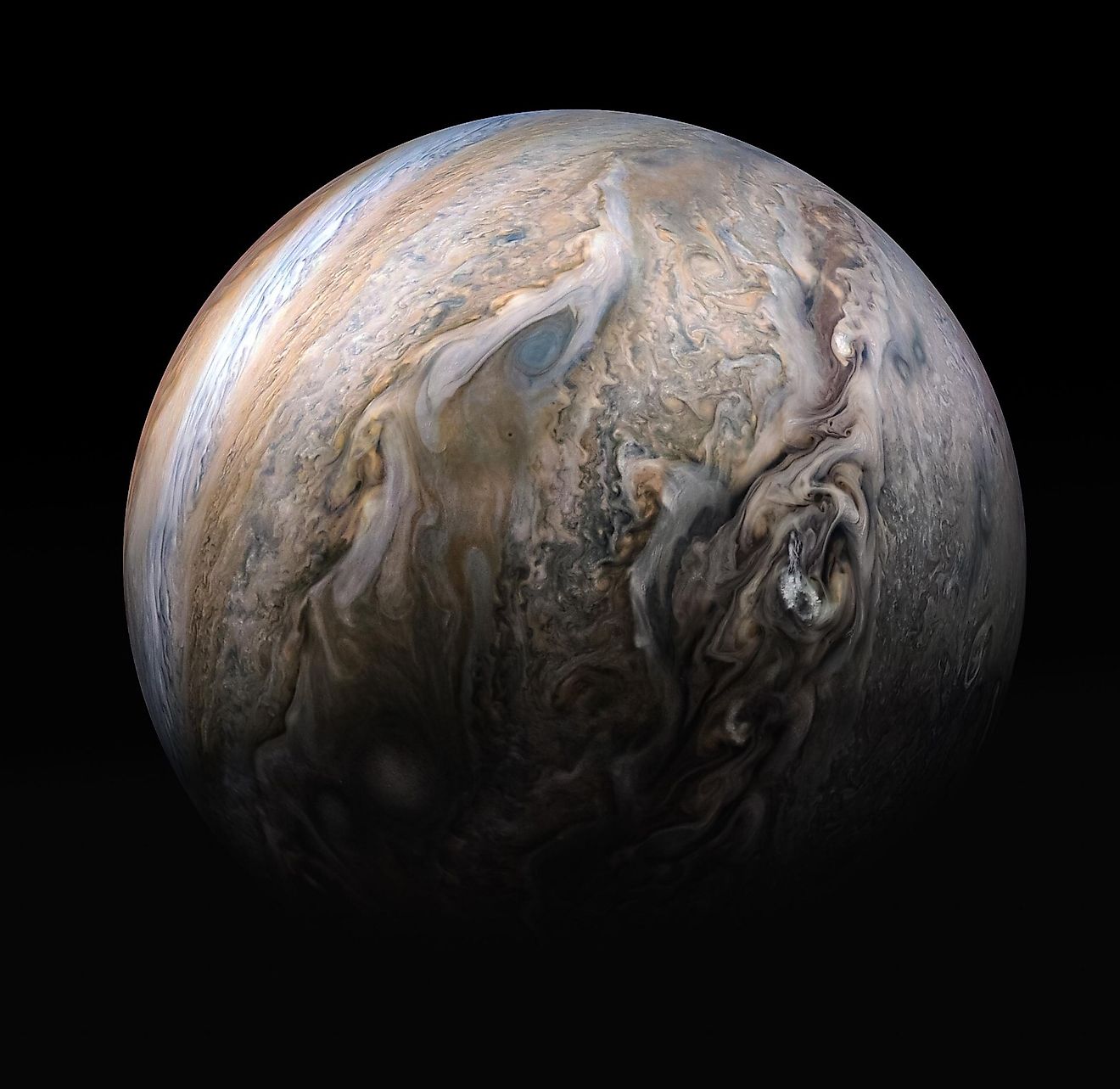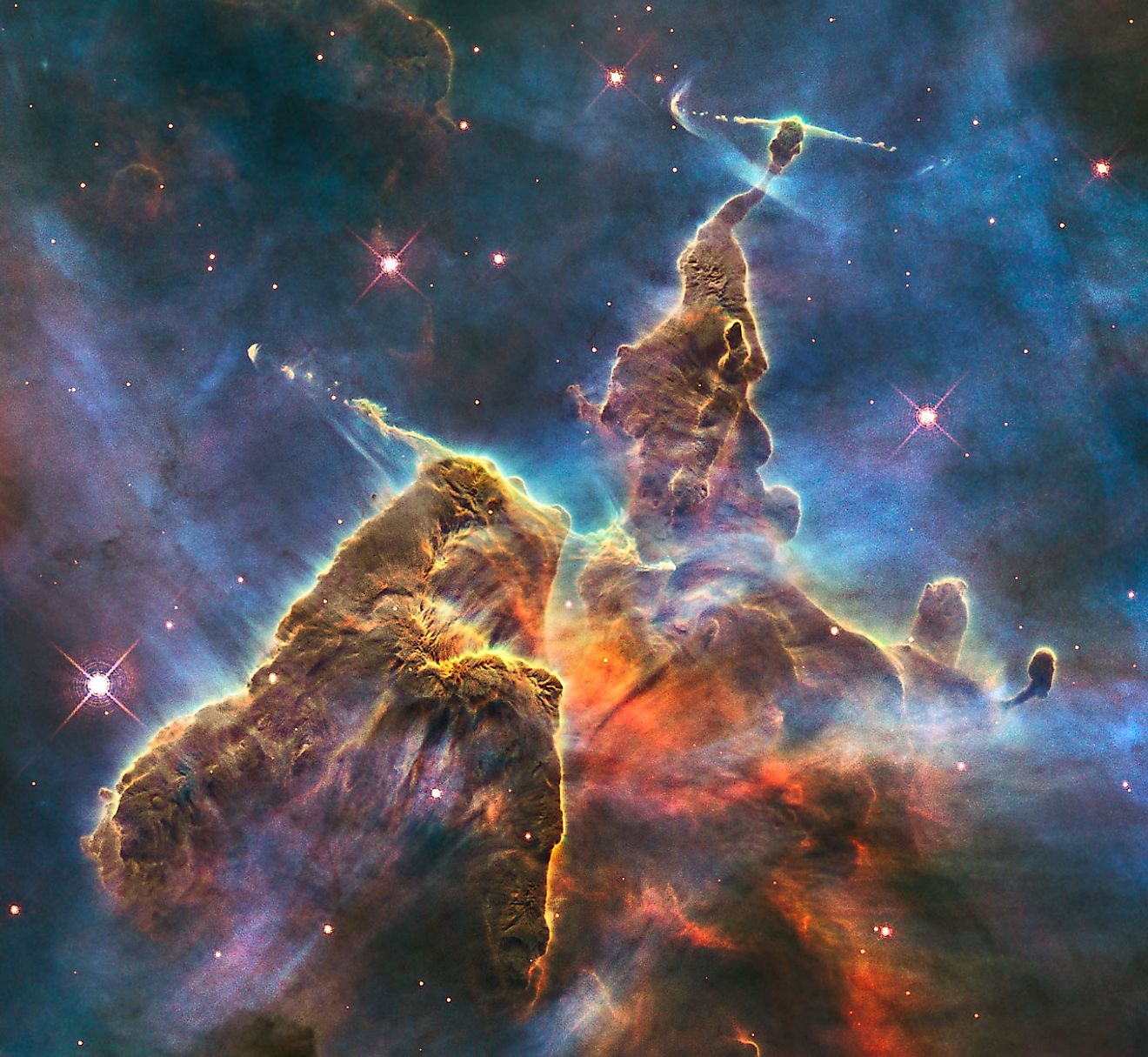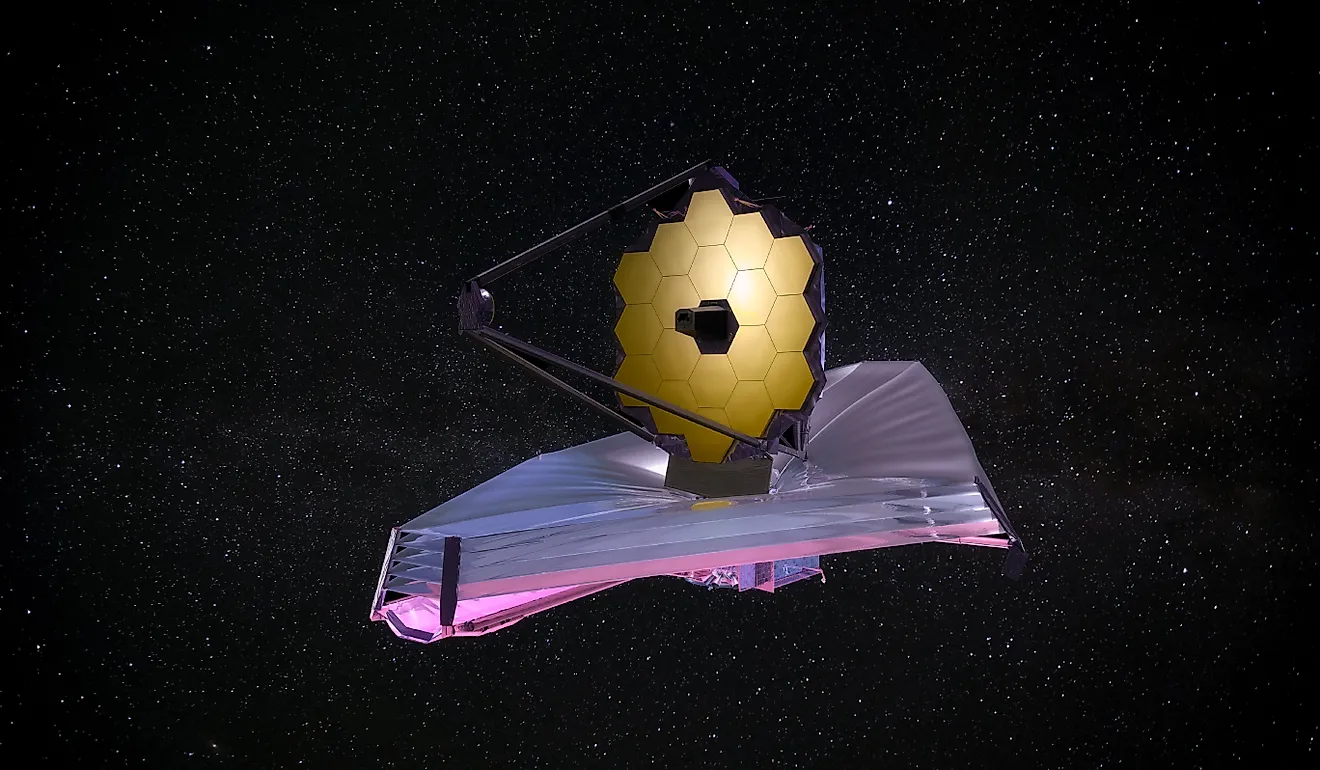
Does The Sun Orbit Anything?
Moons orbit planets and the planets orbit the sun, yet what does the sun orbit? From our perspective here on Earth, the sun appears motionless, yet it is in fact speeding through the Milky Way Galaxy. Every star in the Milky Way, including the sun, orbits the galactic center. How fast is the sun moving and how long does it take to complete one orbit?
A Galactic Year

Like how a year on Earth is defined by the amount of time it takes the Earth to orbit the sun, a galactic year is defined by the amount of time it takes for the sun to orbit the Milky Way. On average, astronomers estimate it takes the sun roughly 250 million years to orbit the center of the Milky Way. Since the sun is 4.5 billion years old, it has gone around the Milky Way 18 times. Interestingly, the sun does not just travel along a circular path. Rather, as the sun orbits the galactic center, it is also moving up and down. The up and down motion of the sun is caused by the distribution of matter throughout the galaxy, and every 33 million years, the sun passes through the galactic disk. During the course of its orbit, the sun may pass closer to other stars, which can potentially disrupt the orbit of comets in the far outer regions of the solar system. In fact, astronomers believe that this is how long period comets gradually make their way from the Oort Cloud to the inner solar system.
How Fast Is The Sun Moving?
The Earth orbits the sun at a speed of 67,000 miles per hour (107,800 kilometres per hour). That may seem fast, yet the sun moves through the Milky Way at far higher speeds. Current calculations place the sun’s speed at 500,000 miles per hour (800,000 kilometres per hour). That’s over seven times faster than the Earth’s orbital speed. Furthermore, since all the planets orbit the sun, it carries them along as it orbits the galaxy. That means that we are all moving at over 500,000 miles per hour at this very moment.
How Do We Know The Sun Is Moving?

Since the stars are so far away, the sun’s motion relative to them is not noticeable with just our eyes. Rather, in order to determine the sun’s exact motion and speed, scientists must use very sensitive technology to determine how the position of the sun changes relative to other objects in the Milky Way. This method can also determine how fast the sun is moving by measuring the distance the sun has traversed over a period of time.
Does The Sun’s Path Pose Any Threat To The Planets?
As the sun travels around the Milky Way, there is the possibility that it will enter areas that have higher radiation, or it could pass so close to another star that the orbits of the planets become disrupted. These could pose a significant threat to life on Earth, yet thankfully, there is no evidence that this has occurred at any point in Earth’s history. For now, the Earth and all the life it sustains are safe from any interstellar threats.











